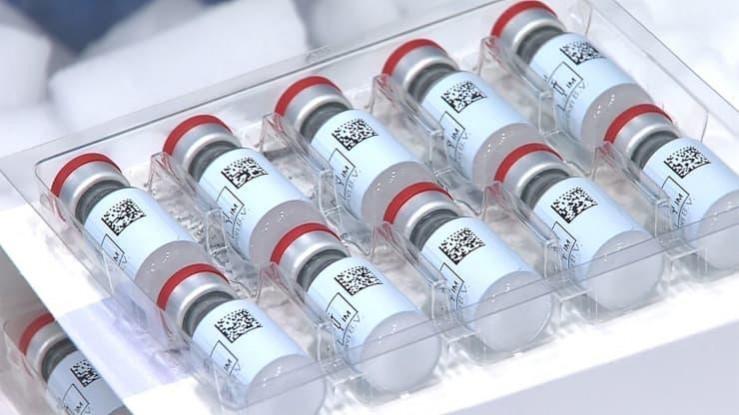The World Health Organization on Friday approved the emergency listing of Johnson & Johnson's Covid-19 vaccine, giving its seal of approval to expedite use especially in countries with weaker regulatory agencies.
It is the third Covid-19 vaccine after the two-shot regimens of Pfizer/BioNTech and AstraZeneca to receive backing from the WHO, and the first requiring just a single injection.

The listing covers use in all countries, for roll-out of the vaccine facility COVAX and follows the European Medicines Agency (EMA) authorisation announcement on Thursday.
"Every new, safe and effective tool against Covid-19 is another step closer to controlling the pandemic," WHO Director-General Tedros Adhanom Ghebreyesus said in a statement.
"Emergency use listing is the greenlight for a vaccine to be procured and rolled out by COVAX," he told a news conference.WHO is convening its strategic advisory group of immunisation experts next week to draw up recommendations on its use, he added.
"But the hope offered by these tools will not materialise unless they are made available to all people in all countries," he said.
WHO welcomes one-shot vaccine
The WHO also welcomed the one-shot administration as facilitating vaccination logistics. WHO senior adviser Bruce Aylward said that the Johnson & Johnson vaccine, which does not require an ultra cold chain, was "even better suited to some of the countries that are worst-hit, affected by the pandemic".
COVAX, co-run with the Gavi vaccine alliance, has an agreement for more than 500 million doses of the J&J vaccine, Aylward said. "What we are trying to do is work with the company to bring that forward as early as possible. And we are hoping by at least July that we have access to doses that we can be rolling out, if not even earlier."
J&J's chief scientist Paul Stoffels told Reuters on Thursday the company expects to produce up to 3 billion doses here of the vaccine next year, after previously pledging to deliver 1 billion globally by the end of 2021.
The WHO said that, under an emergency-use listing, companies have to commit to generate further safety and efficacy data to enable full licensing.

















